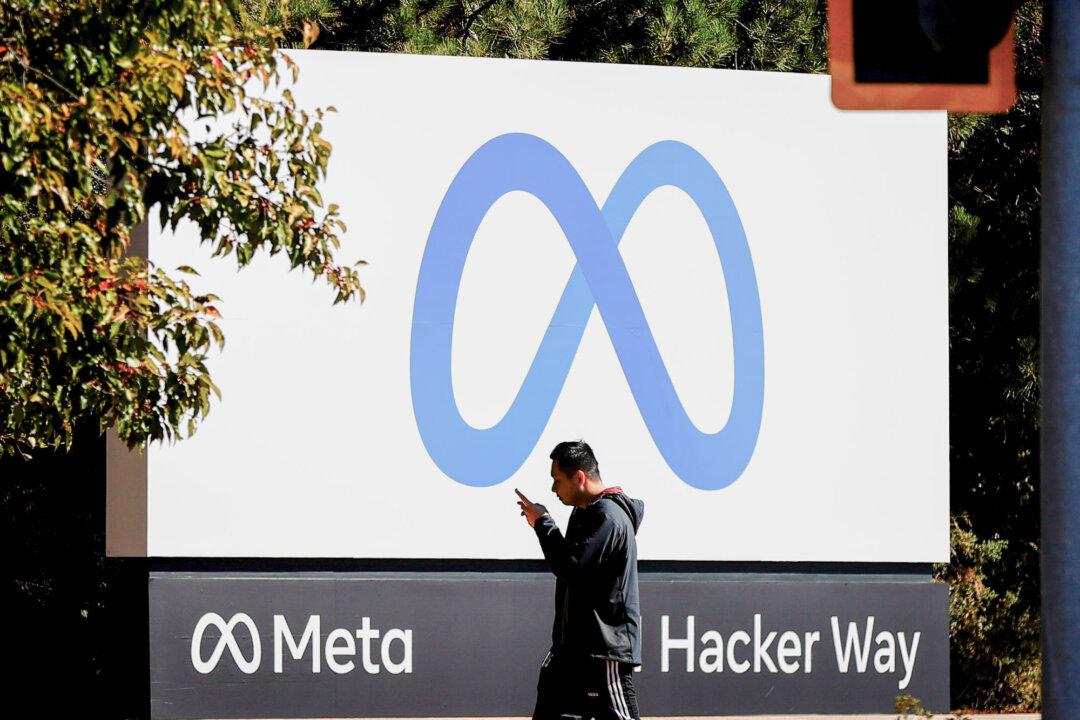A Washington state appeals court denied Meta Platforms Inc.’s request to withdraw a lower court’s $35 million judgment against the social media company for a campaign law violation on Monday.
“This significant penalty is appropriate for a multinational corporation that intentionally violated our law, and, instead of accepting responsibility, sought to gut our best-in-the-nation campaign finance law,” Washington state Attorney General Bob Ferguson said in a statement on Judge Michael Diaz’s 75-page opinion.





